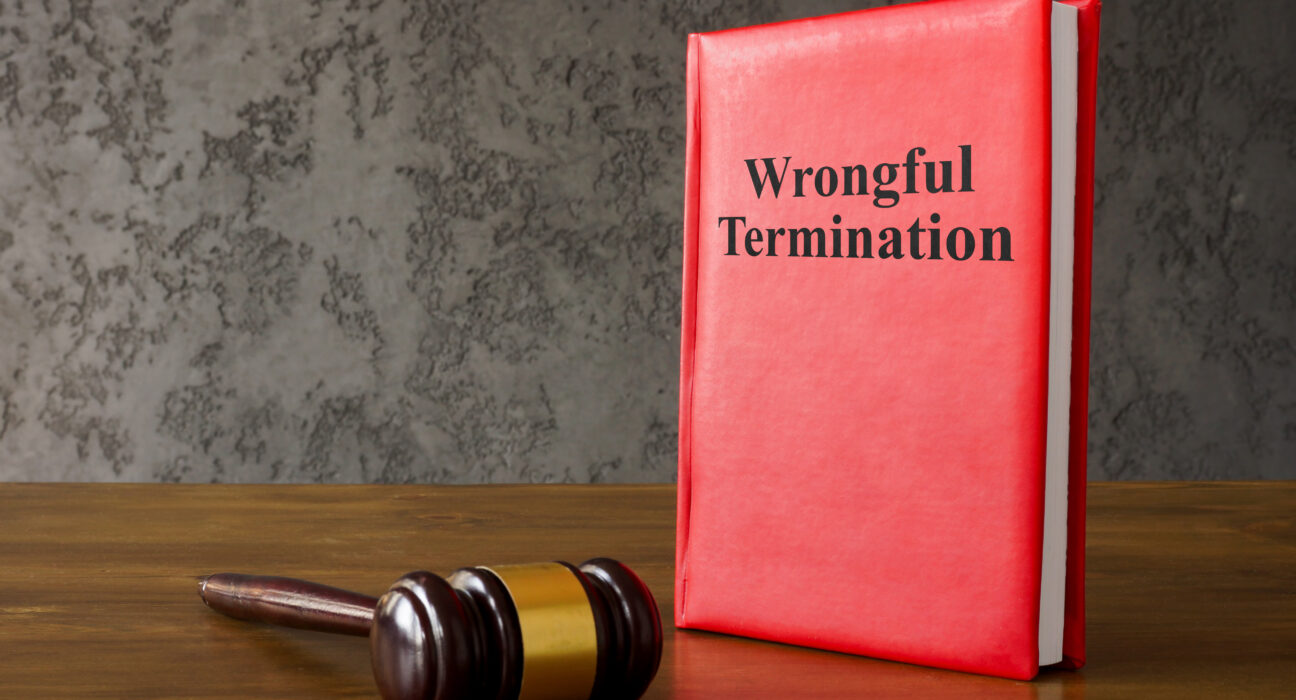Signs You May Be a Victim of Wrongful Termination

Losing a job is a life-altering experience, but when it happens unfairly, the impact can be even more profound. In such situations, it is crucial to determine whether the termination was wrongful. Wrongful termination occurs when an employer fires an employee in violation of the law or the terms of an employment contract. Understanding the signs of wrongful termination is the first step toward seeking justice and protecting your rights.
For individuals in Los Angeles, consulting a Los Angeles wrongful termination lawyer can be instrumental in identifying whether their dismissal was lawful. Firms like JML Law, APLC specialize in handling such cases, ensuring employees receive the legal support they need.
What Constitutes Wrongful Termination?
Wrongful termination is more than just an unfair or unexpected dismissal. It involves an employer violating state or federal laws, breaching employment contracts, or retaliating against employees for engaging in legally protected activities. In California, the law offers robust protections for employees, including provisions against discrimination, retaliation, and other forms of unjust treatment in the workplace.
Key Legal Protections
- Anti-Discrimination Laws: Employers cannot fire employees based on race, gender, age, disability, religion, or other protected characteristics under laws like the Civil Rights Act and the California Fair Employment and Housing Act (FEHA).
- Retaliation Protections: Employers are prohibited from retaliating against employees who report workplace violations, such as harassment or unsafe working conditions.
- Whistleblower Protections: Employees who report illegal or unethical practices are safeguarded from termination under California law.
- Family and Medical Leave Protections: Under the Family and Medical Leave Act (FMLA) and the California Family Rights Act (CFRA), employees cannot be dismissed for taking approved medical or family leave.
Common Signs of Wrongful Termination
1. Sudden Termination Without Cause
If an employer terminates an employee without providing a valid reason, it could be a sign of wrongful termination. While California is an at-will employment state, meaning employers can terminate employees for almost any reason, dismissals based on discriminatory or retaliatory motives are illegal.
2. Discrimination-Based Dismissal
Termination due to discriminatory factors such as age, race, gender, or disability is unlawful. For example, if an older employee is fired and replaced with a younger, less experienced worker without valid justification, it could indicate age discrimination.
3. Retaliation After Filing a Complaint
Employees have the right to report workplace issues, such as harassment or safety violations. If an employer terminates an employee shortly after filing a complaint, it may be considered retaliation, which is illegal.
4. Violation of Company Policies or Employment Contracts
Employment contracts often outline specific conditions under which an employee can be terminated. If a dismissal violates these terms or goes against company policies, it could be a sign of wrongful termination.
5. Firing After Taking Protected Leave
Employees who take medical or family leave under FMLA or CFRA cannot be terminated for doing so. If an employee is dismissed shortly after returning from leave, it may be a violation of their legal rights.
6. Lack of Proper Documentation
Employers are typically required to document performance issues or misconduct before terminating an employee. If an employee is dismissed without prior warnings or performance reviews, it may raise questions about the legitimacy of the termination.
7. Suspicious Timing
Termination that occurs shortly after an employee engages in a protected activity—such as reporting misconduct or requesting reasonable accommodations—can be suspicious and warrant further investigation.
Steps to Take if You Suspect Wrongful Termination
If you believe you have been wrongfully terminated, taking immediate action is essential. Here are some steps to consider:
1. Gather Evidence
Collect any documentation related to your employment, such as employment contracts, performance reviews, emails, or termination notices. This evidence can help establish whether your dismissal was unlawful.
2. Document Incidents
Keep a record of any incidents leading up to your termination, including conversations with your employer, performance evaluations, and any complaints you may have filed.
3. Consult a Legal Professional
Speaking with a qualified Los Angeles wrongful termination lawyer is crucial to understanding your rights and options. Legal experts, such as those at JML Law, APLC, can review your case, determine whether you were wrongfully terminated, and guide you through the legal process.
4. File a Complaint
Depending on the circumstances, you may need to file a complaint with agencies like the Equal Employment Opportunity Commission (EEOC) or the California Department of Fair Employment and Housing (DFEH).
5. Consider Legal Action
If your case has merit, your attorney may recommend filing a lawsuit against your former employer to seek compensation for lost wages, emotional distress, and other damages.
Why Legal Representation Matters
Navigating a wrongful termination case can be complex and emotionally challenging. Employers often have legal teams ready to defend their actions, which makes having experienced legal representation essential. A skilled attorney can help you build a strong case, negotiate settlements, and represent you in court if necessary.
For Los Angeles residents, firms like JML Law, APLC offer the expertise needed to handle wrongful termination cases effectively. With their guidance, you can pursue justice and secure the compensation you deserve.
Conclusion
Understanding the signs of wrongful termination is crucial for protecting your rights and seeking justice. If you suspect your dismissal was unlawful, take immediate action by gathering evidence and consulting a legal professional. With the support of a Los Angeles wrongful termination lawyer, you can fight for fair treatment and hold your former employer accountable.




